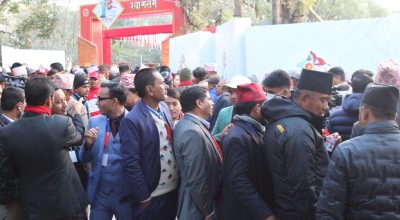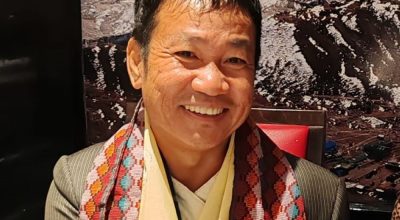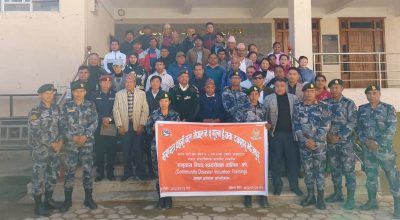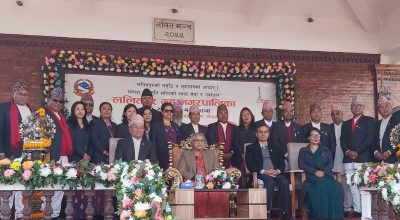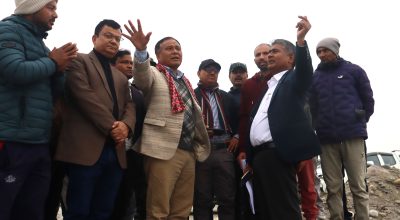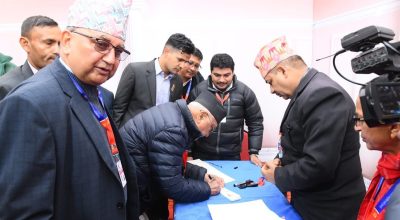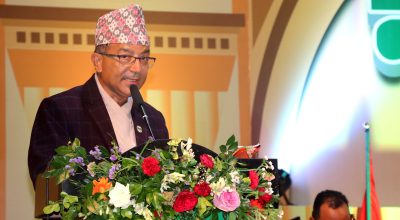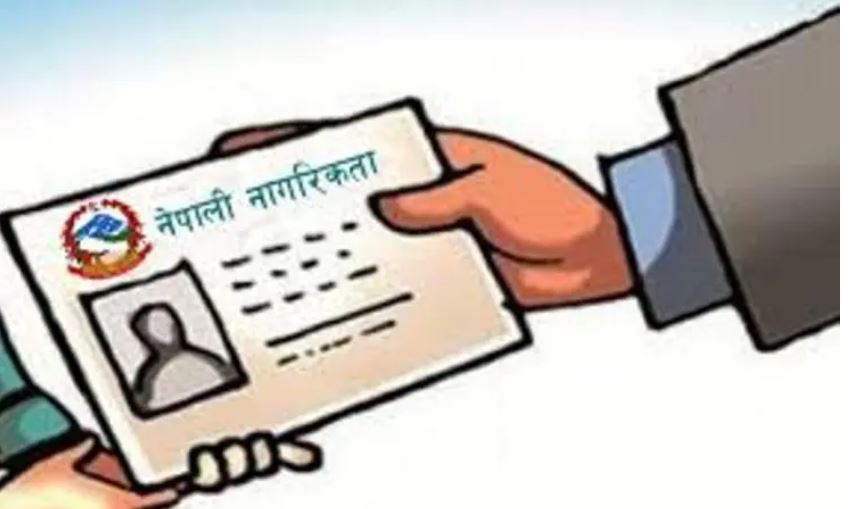
Kathmandu, Dec 21: Lawmakers have called for further revising the citizenship law.
As they argued, the latest amendment to the Citizenship Act has not adequately addressed the citizenship issues and it should be revised incorporating the constitutional provisions.
Taking part in an interaction on “full citizen, full rights: equal rights in citizenship” organised by the Forum for Women, Law and Development, marking the completion of 44 years of the Convention on the Elimination of All Forms of Discriminations (CEDAW) here today, President of Education, Health and Information Technology Committee, House of Representatives, Bhanubhakta Joshi, said the citizenship law should be enhanced being based on the special characteristics of the nation with an open border in the south.
Citing the example of Sonia Gandhi in India constitutionally prevented from becoming the Prime Minister of India despite her significant contribution to India’s politics, he argued that allocation of political rights on the basis of citizens may cause problems.
“Nepal’s constitution is progressive and the citizenship law should be further systematized on the basis of characteristics of the nation.” House of Representatives’ Women and Social Affairs Committee President Kiran Kumar Shah said the latest amendments to the Citizenship Act are incomplete and the gap should be addressed.
According to Shah, the interests of political parties have caused issues in the citizenship law.
Lawmaker Ranju Thakur welcomed the existing provision regarding the naturalized citizenship based on the marital status, but objected to the provision of punishment (three year jail sentence) for a citizen registered under mother’s name by declaring that the father of the child is unknown in case the father is identified later.
“The provision is discriminatory.” Amrita Devi Agrahari said, ‘Mother’s recommendations are sufficient for obtaining a citizenship,” and it should be ensured systematically.
“There should be no issues in the process after the recommendation is made.” Ishwari Gharti criticized the State’s discriminatory approach towards women in citizenship law and proposed a joint resolution motion by lawmakers from both ruling and opposition parties to address the matter.
Sabin Shrestha, the executive director of the Forum, highlighted the discriminatory nature of granting naturalized citizenship to the offspring of Nepali women marrying foreigners, urging improvements to this provision.








